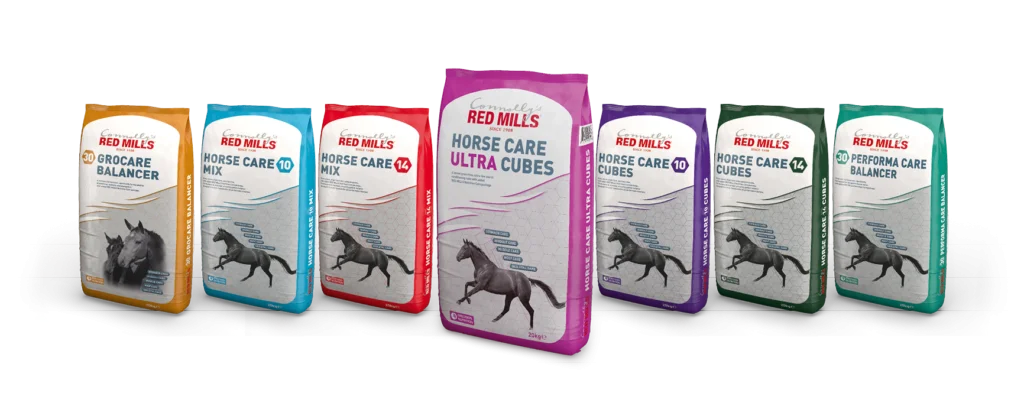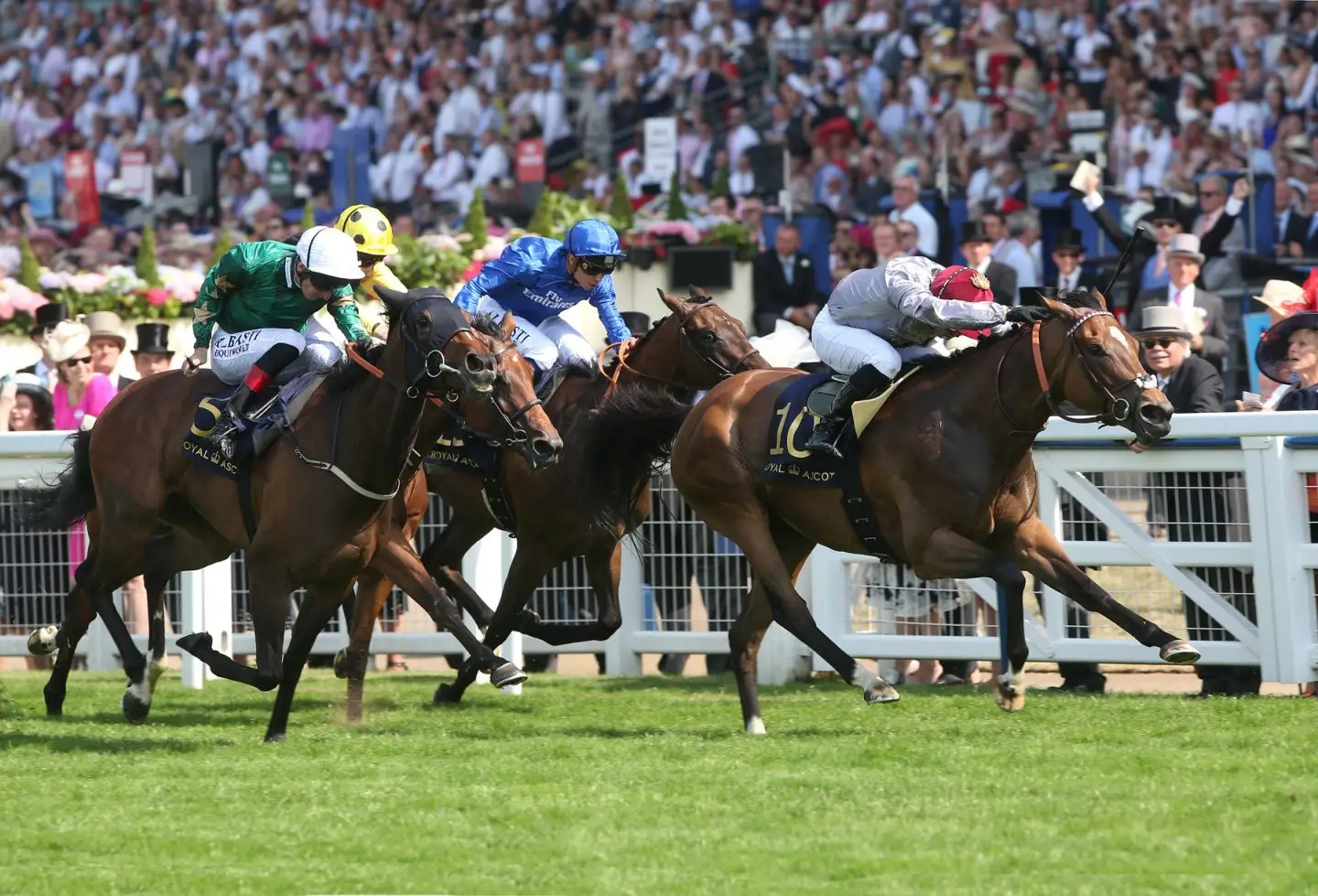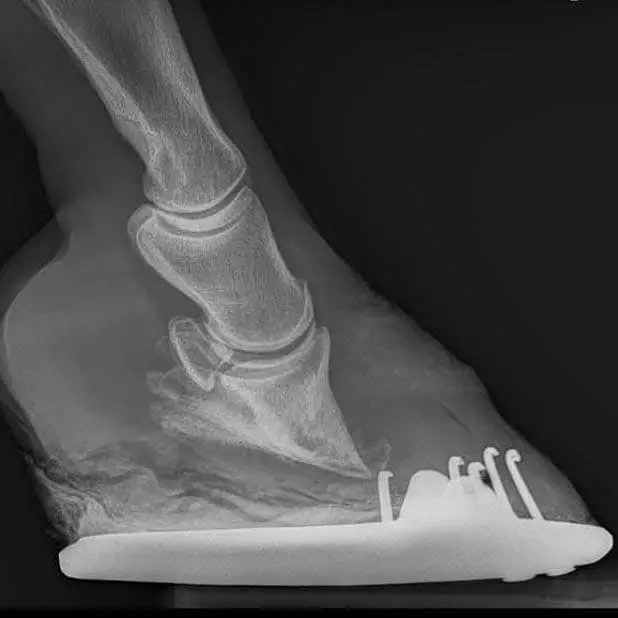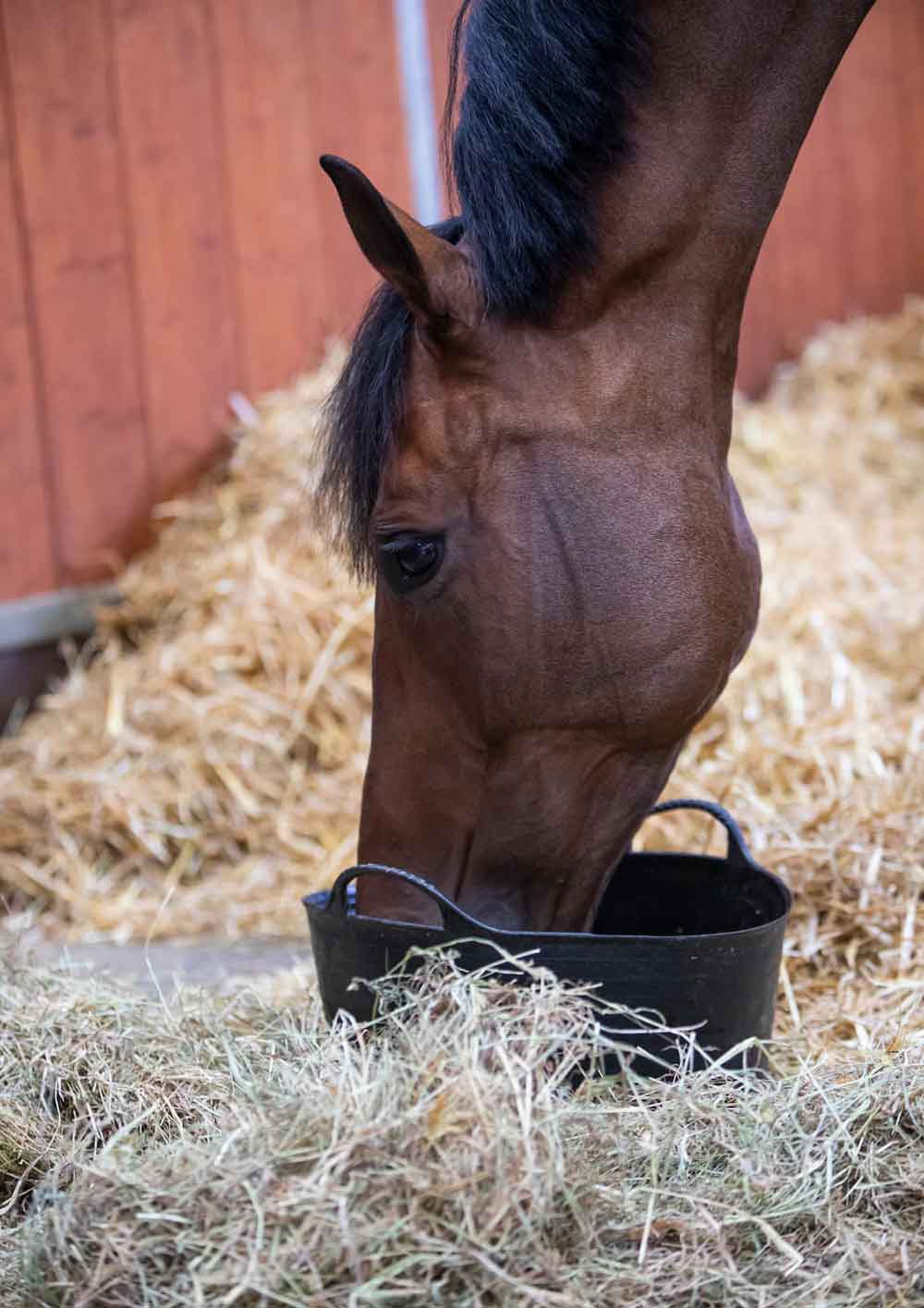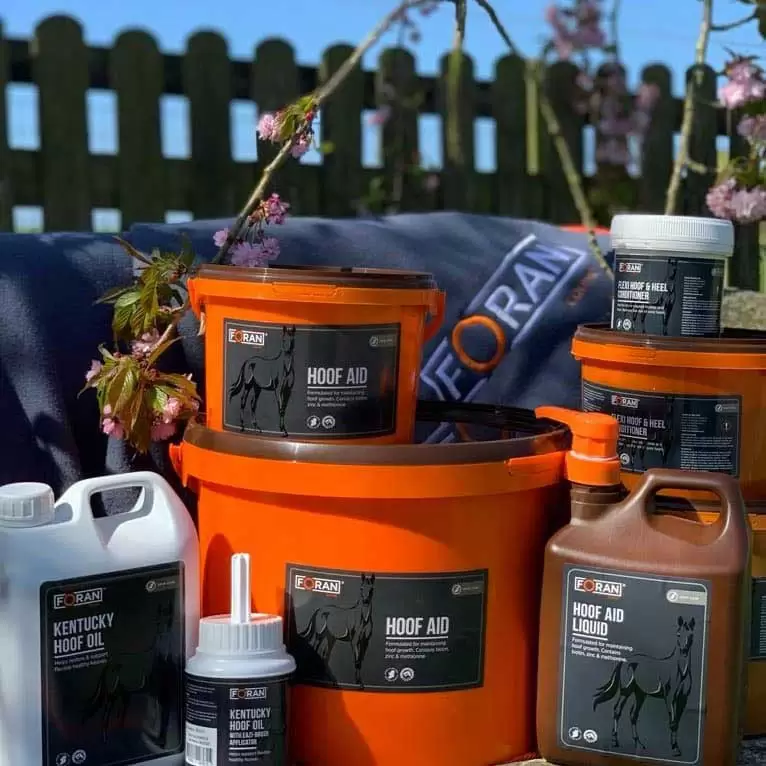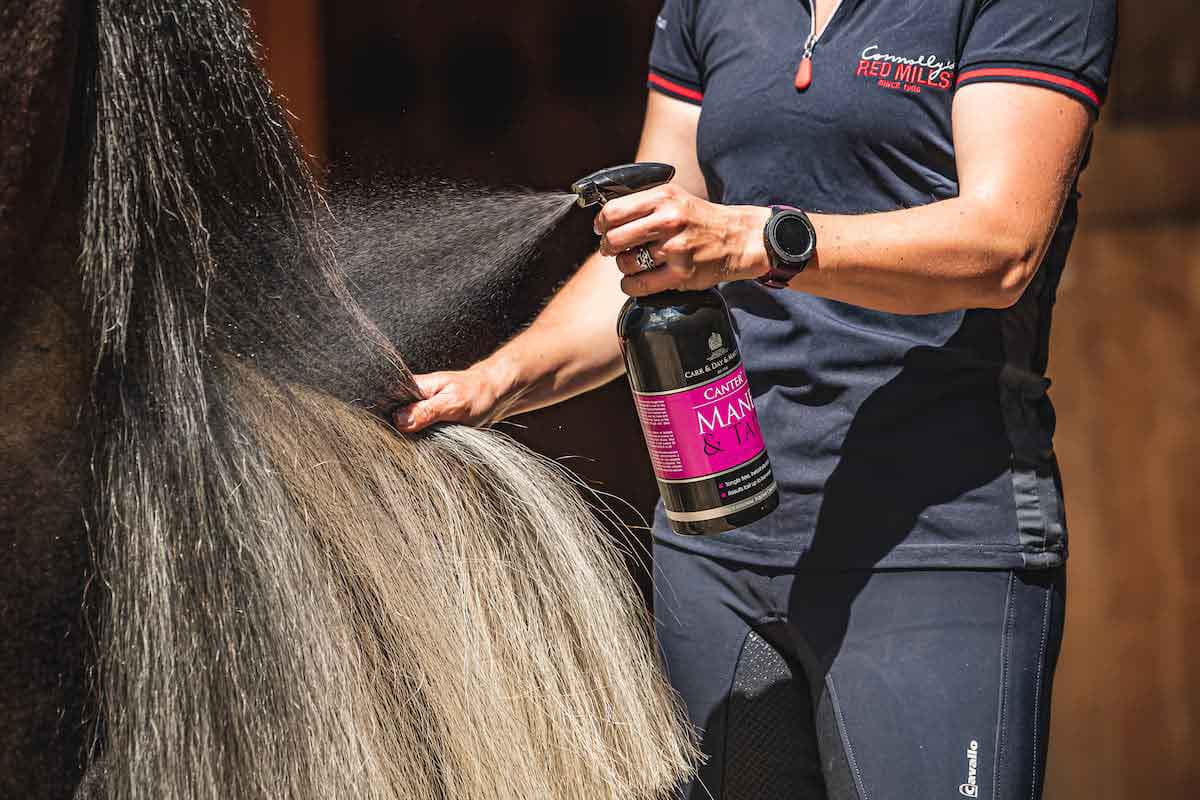Checklist of risk factors to avoid colic in horses this winter
Colic is a problem every horse owner dreads. As the nights draw in and temperatures drop changes to your horse’s environment, management and diet can increase the risk of gastrointestinal problems including impaction colic.
There are many reasons why horses are more likely to colic during the cold, dark winter months, but thankfully there are a number of things you can do to reduce the risk of such problems.
Teeth & Worming
Make sure your horse’s dental care and worming is up to date. Heavy parasitic burden can increase the risk of colic. Equally, sharp, worn, or missing teeth can mean that your horse has trouble chewing hay or haylage, increasing the risk of problems such as choke and colic. If dental condition is very poor, it may be necessary to feed a hay replacer.

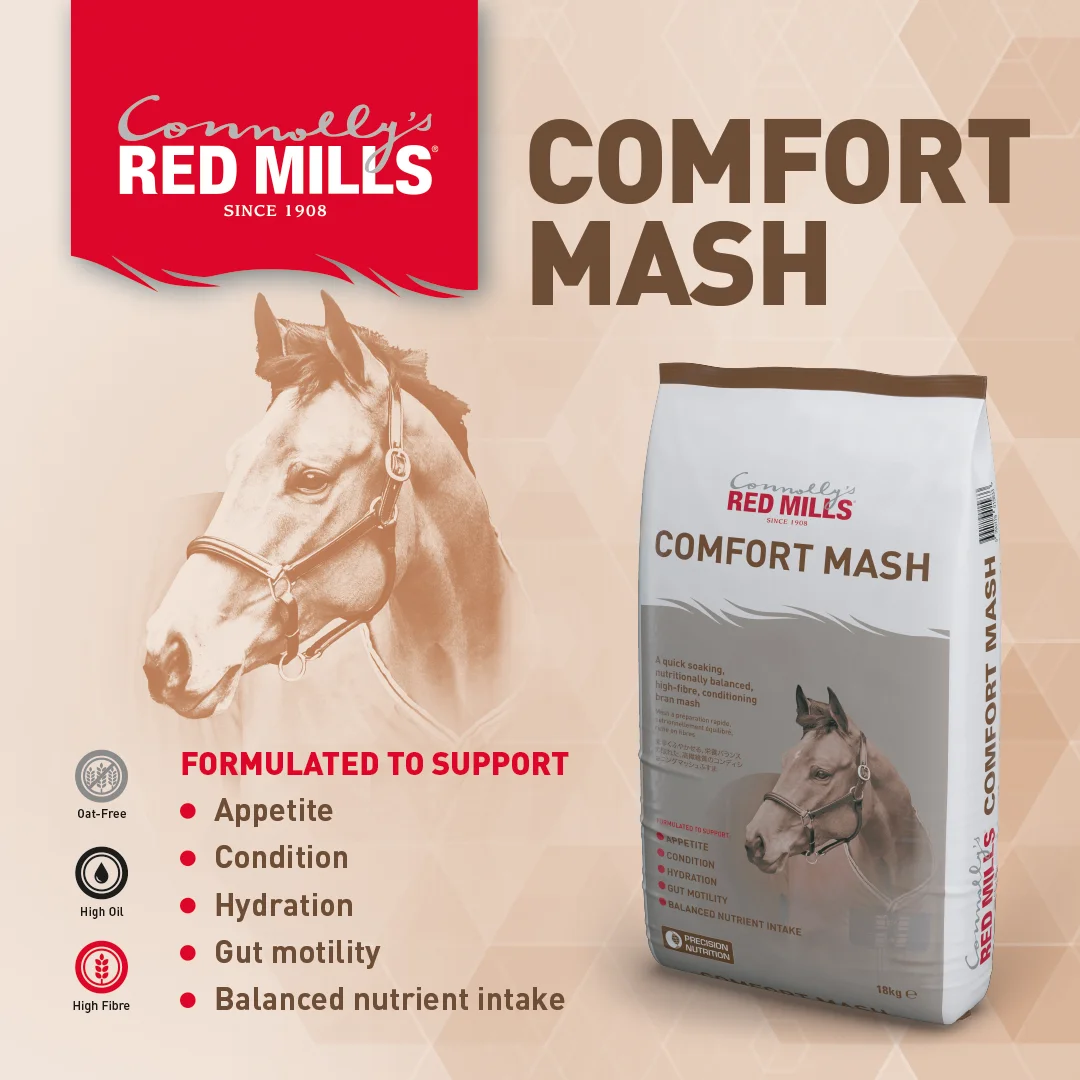
Maintain water intake
Horses tend to drink less in cold weather and their diet is likely to contain more dry, indigestible forage (e.g. hay). These factors combined can increase the risk of impaction colic. As temperatures dip, ensure check that water troughs have not frozen over and that water pipes running to automatic drinkers are insulated. It may be necessary to break up any ice in troughs/ buckets several times a day. You can encourage your horse to increase consumption by adding some warm water to their water bucket/ trough. Offering a soaked feed such as Connolly’s RED MILLS Comfort Mash, dampening your normal feed, or soaking your forage prior to feeding can all help maximize water intake.
Connolly’s RED MILLS Comfort Mash contains highly digestible fibre sources which also helps to support digestive health and gut motility.
Introduce changes gradually
Any sudden change to your horse’s management or diet can increase the risk of digestive problems. So, if you plan to start stabling your horse during the winter, are switching to a new batch of hay/ haylage or are changing your horse’s hard feed make sure you do this gradually over at least 4-7 days.


Stabling & Exercise
Many of us choose to stable our horses over the winter but this, combined with a reduction in exercise, can result in reduce gut motility. Try to ensure your horse gets some exercise every day. This doesn’t have to be ridden work, simply turning them out in a field, simply turning them out in a field or an arena for a few hours will help to promote gut motility. If you don’t have facilities to turn your horse out, then try to get them out of their stable at least a few times a day; bring them for a short walk or even better let them hand-graze for a little while!
Bedding
Your horse may eat their bedding. This tends to be a problem where straw is used, particularly when the horse does not receive adequate forage and are bored. Straw is very indigestible and consuming large amounts is known to increase the risk of impaction colic. If your horse is prone to boredom on the long winter nights, consider using a stable toy such as some root vegetable hung from the ceiling.


Forage
Lack of forage will reduce gut motility and increase the risk of other issues such as gastric ulcers and stereotypic behaviour. If your horse is greedy, divide his total forage intake into several small portions throughout the day. Using two small holed haynets can also help to slow down consumption, meaning the forage lasts a little longer. Providing plenty of forage will also limit the risk of your horse eating their bedding.
Monitor droppings
If your horse’s droppings become very hard or have reduced in number, this could be a sign of issues and they will need to be monitored carefully.
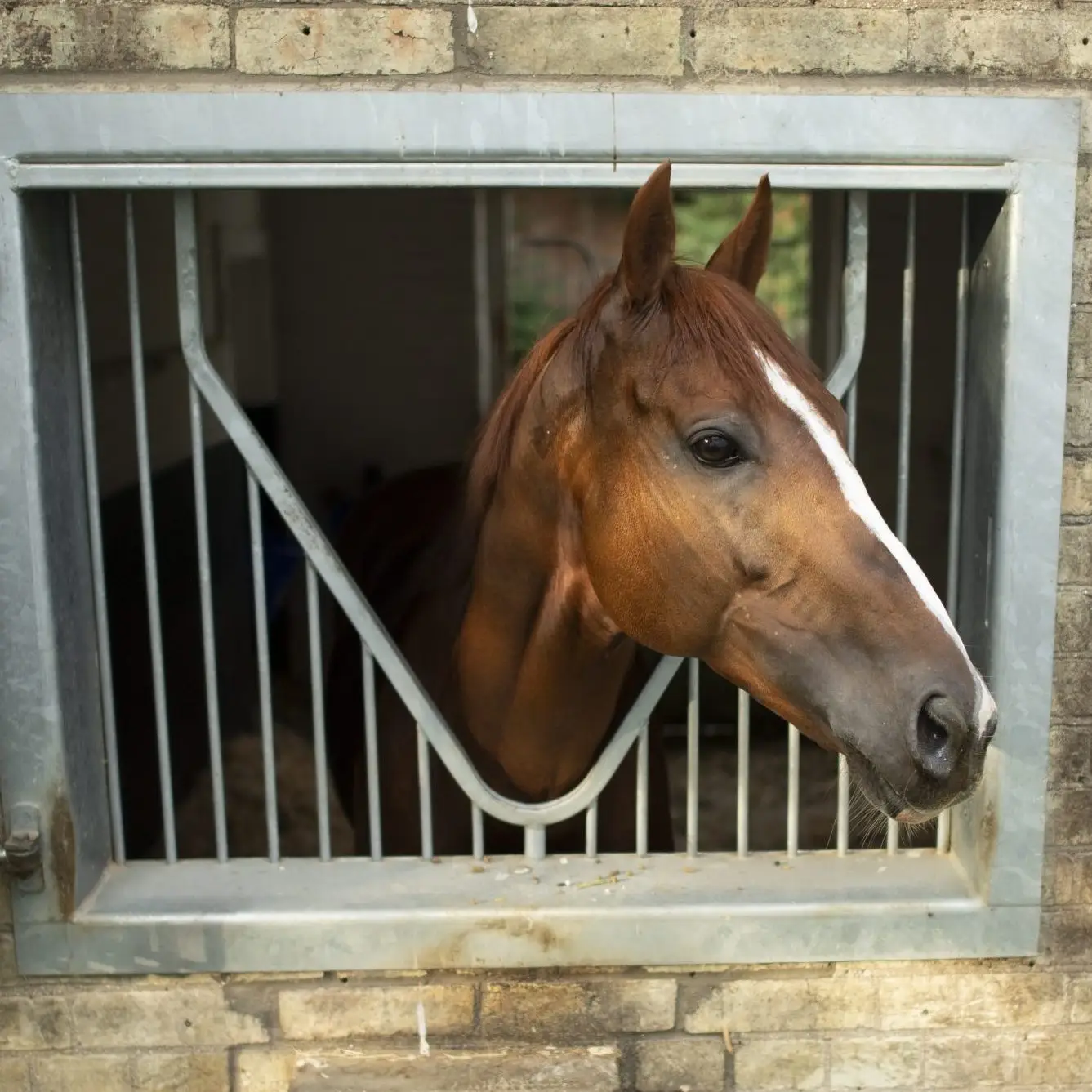
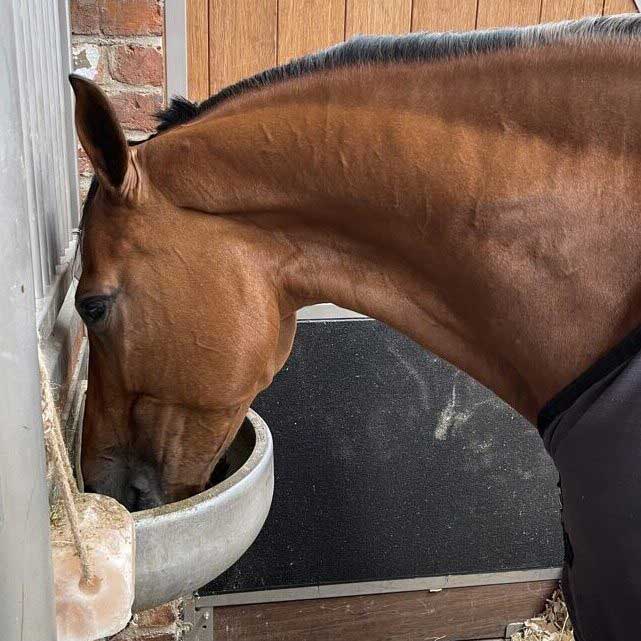
Allow time for sedation to wear off
If you have to sedate your horse for any reason (e.g. to clip them), sedation slows the gut and can increase the risk of impaction colic if the horse is allowed to eat before the effects have completely worn off. If you need to sedate your horse it is advisable not to allow them to eat (e.g. use a muzzle) for 1 ½-2 hrs afterwards.
Feed some oil
Many owners feel that adding some oil to their horse’s feed aids digestion. We recommend Foran Equine Kentucky Karron Oil because it’s rich in omega 3 fatty acids to help support immune function, it’s also a great way of adding some extra calories to your horses’ diet during the colder winter months!
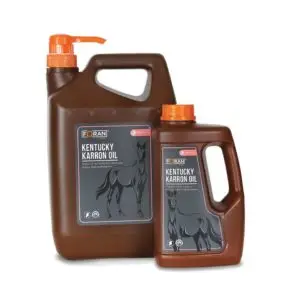
Feed pro- and/ or prebiotics
These ingredients can help to support your horse’s digestive health. All Connolly’s RED MILLS Horse Care range are formulated to contain two prebiotics, MOS and FOS, as well as yeast. Alternatively, if you would prefer a supplement, Foran Equine Nutri-Gard is an excellent choice and contains prebiotics, B-vitamins and digestible fibres plus hydrolysed protein to help support condition and immune function. Find out more about pre- and probiotics here.
